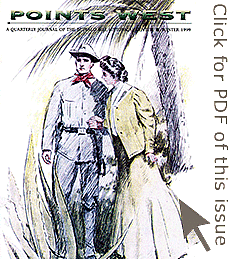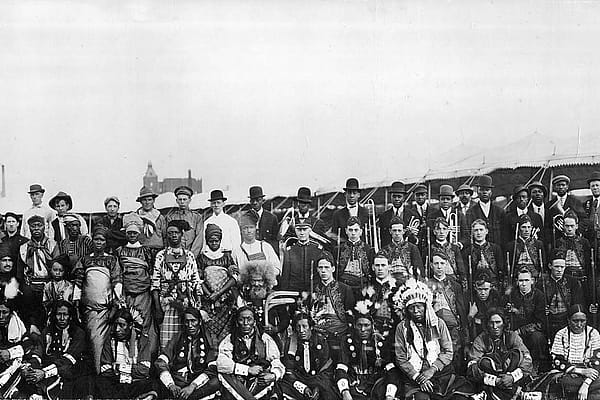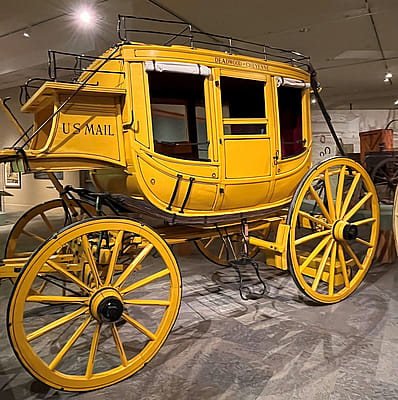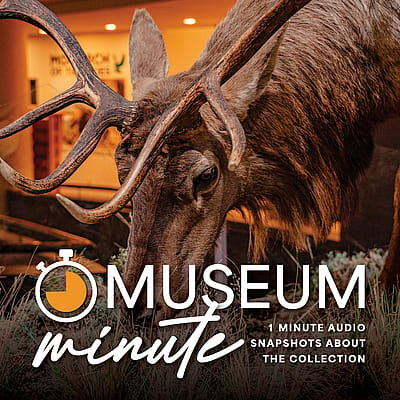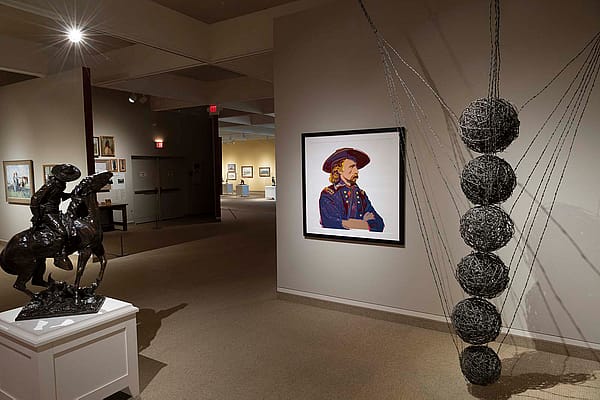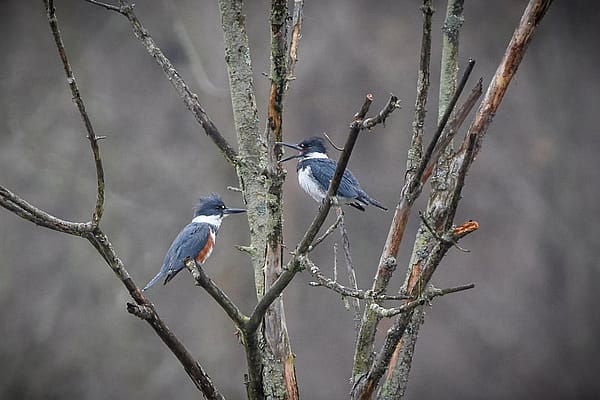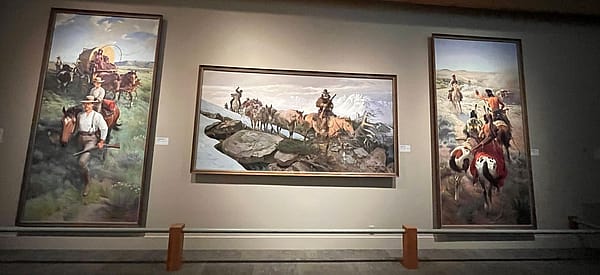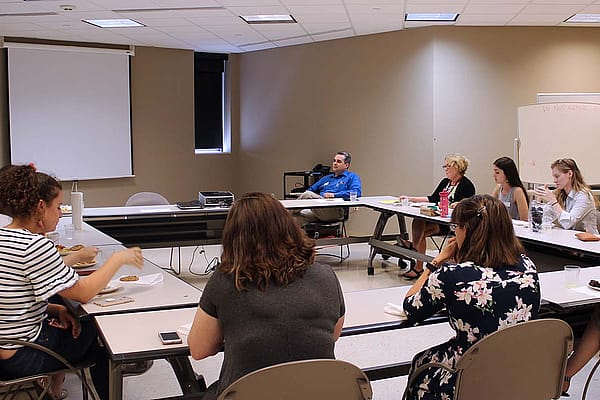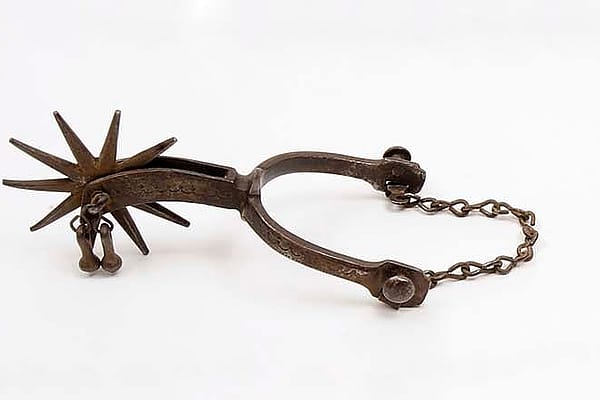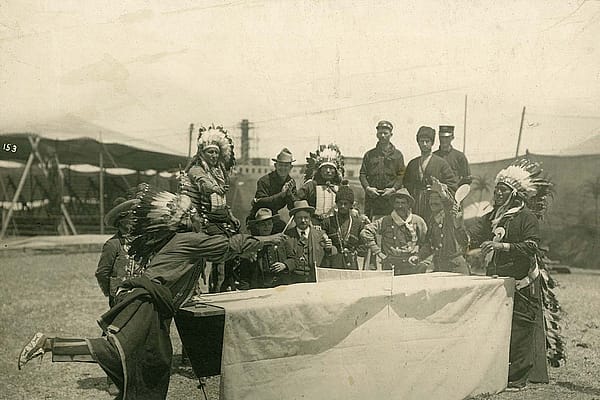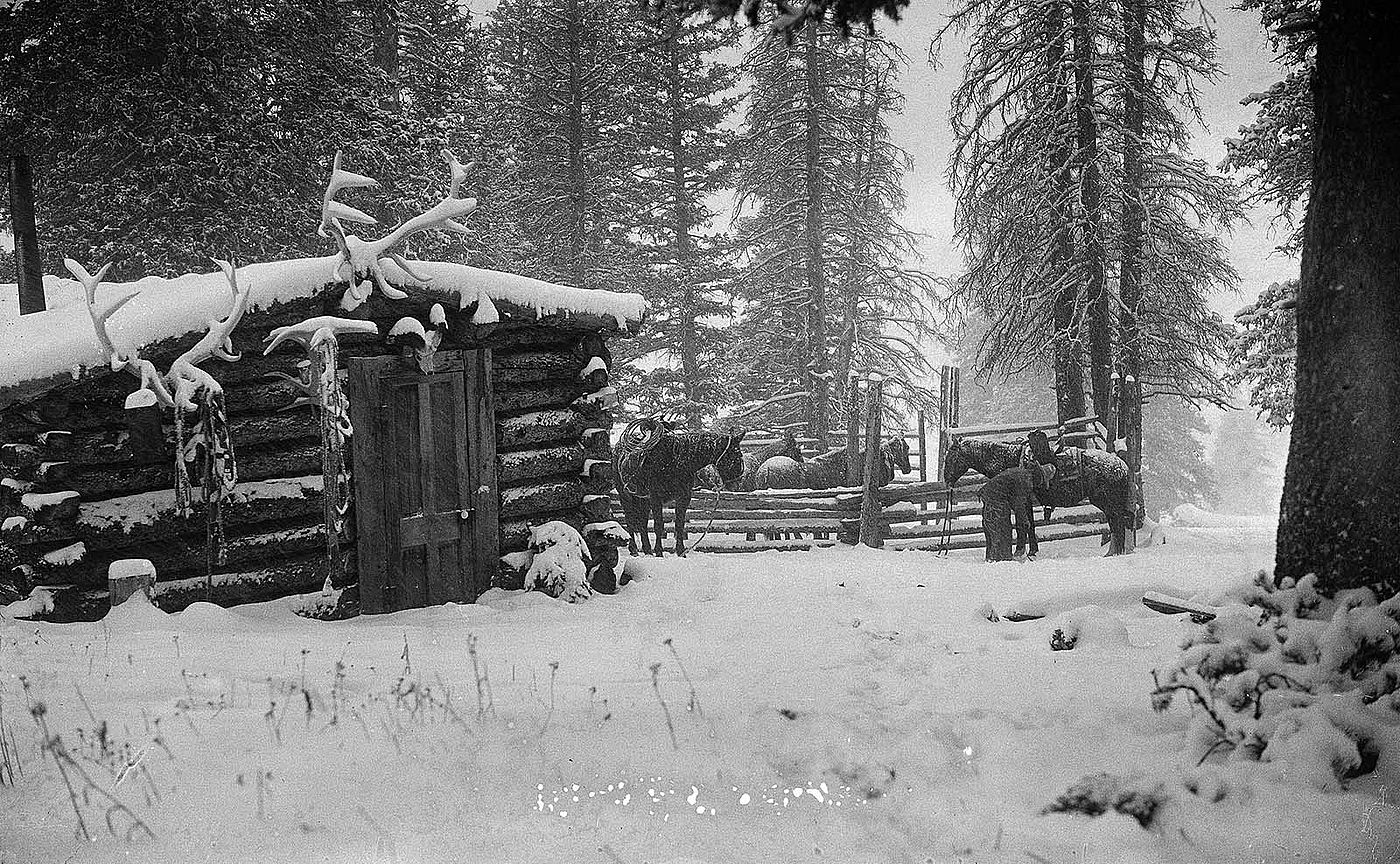
A Christmas at the TE Ranch – Points West Online
Originally published in Points West magazine
Winter 1999
A Christmas at the TE Ranch
By Helen Cody Allen with foreword by Paul Fees, PhD, former Curator of the Buffalo Bill Museum
In 1908, at the beginning of one of the snowiest Cody country winters on record, Brother Will (aka Buffalo Bill) invited his sisters and their families to spend Christmas at the TE Ranch, a big concession since the Southfork hideaway was his place of retreat and regeneration. Along with the grown-up nieces and nephews was one six-year-old child, granddaughter of Will’s sister Nellie (Helen Cody Jester Wetmore). It was for her that the others cut and decorated a tree, and it was for her that Uncle Will played Santa Claus. As the child drifted off to sleep on Christmas Eve, she heard the grown-ups singing at the piano. “For years afterwards,” the girl reminisced, “Tenting Tonight on the Old Camp Ground was intertwined in memory with Silent Night, Holy Night and somehow it would always seem that O Little Town of Bethlehem should be followed by When You and I Were Young, Maggie. “All of the holiday festivities came to a dramatic conclusion after dinner on Christmas Day as the family responded to a neighbor in need. Helen Cody Allen was the only daughter of Buffalo Bill Museum founder, Mary Jester Allen. This is the conclusion to her true story of that gathering, written in 1955.
After the plum pudding came the port wine, the nuts and sultana raisins tied in small clusters with purple bows. The men were just tilting back their chairs for more story-telling and the child was dancing around the table collecting cigar band rings when there was a small commotion in the kitchen. [Ranch Foreman] Ed Isham appeared at the pantry door.
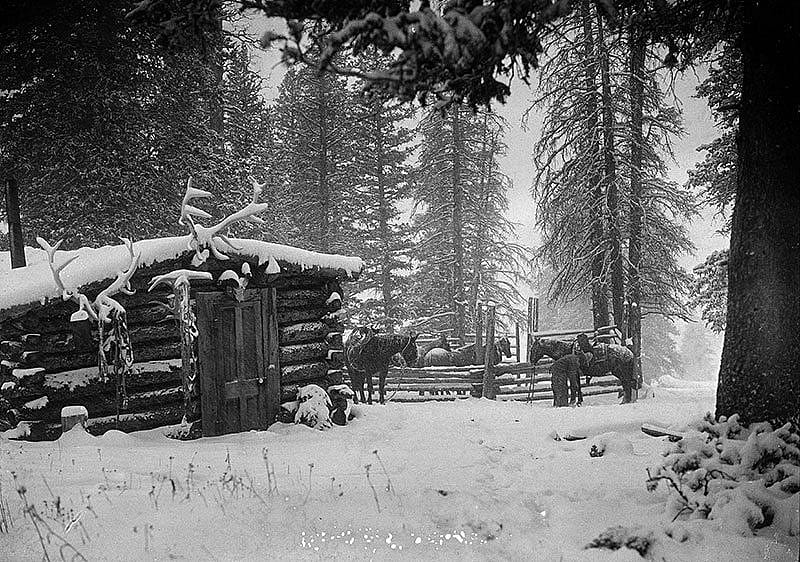
“It’s an emergency, Colonel. Jordan has just ridden down from his place. His kids are all real sick and this morning the wife came down bad, too. He wonders if someone can start to town for the doc, and if we can stake them to some grub for a few days?”
Without ado the table was abandoned. Mirth and feasting gave way to the physical activity of organizing assistance for the ill children and their mother. Jordan has wanted to turn his horse homeward without delay, but [cook] Betty Isham had sat him down to a hot meal, insisting that she knew he hadn’t eaten properly in a week and what good would it do if he collapsed.
The men went off to the barns to hitch a team and load a wagon with sacks of coal, firewood, and provisions from storerooms and kitchen. Two of the cowboys, the first to hear the news, had already saddled up and started the hazardous ride toward town for a doctor. All Samaritan activity would soon enough be hampered by nightfall and a worsening snow. There was no time to lose.
The ladies were no less efficient as they collected fresh bedding and the simple home remedies from an uncomplicated pharmaceutic store. Outing flannel, mustard, witch hazel, quinine, and soap were what they set their faith in and what they boxed up. Among themselves they agreed that a woman would be needed.
The child, sensing the shifting of attention, had retreated to the tree in the front room for solace. There she was observed alone by Cody. “Say, how about sending some of your playthings along for those poor sick little tykes?”
“No.”
“Come, come. Santa was mighty good to you, wasn’t he? And he probably never even got up to their place.”
“Why? Why didn’t he?” If he could find the TE, why couldn’t he find the Jordan homestead?
Santa’s understudy thought fast. “Well, I suppose like lots of folks, Santa is afraid of real sickness. You see, if those five children have something contagious—and they probably have—and he caught it, he’d end up making other children sick all over the world. Why, he’d be more unpopular than old ‘Typhoid Mary.’ Now you and I’ll pack up some of your toys and we’ll put in some checkers and some dominoes, too. And do you know what? We’ll even send the Christmas tree along; it just might be the best medicine of all.”
“No, no, no…” wailed the child, “No!”
“Sweetheart, stop and think. Today is the birthday of Jesus. True, we haven’t been thinking so much about that, but it’s not too late. As your pious Grandma would say, ‘it’s more blessed to give than to receive.'”
That’s how it happened that a half-hour later the old scout and the little girl stood on the front porch of the ranchhouse and watched as a laden wagon, with a gaily trimmed Christmas tree perched tipsily atop, was driven away in the gathering dusk and the gently falling snow.
The man patted the child’s head. “You’re a good girl. I’m proud of you. And Santa is right proud of you, too.”
I was that little girl of so long ago. And what a lovely Christmas it was.
Post 063
Written By
Nancy McClure
Nancy now does Grants & Foundations Relations for the Center of the West's Development Department, but was formerly the Content Producer for the Center's Public Relations Department, where her work included writing and updating website content, publicizing events, copy editing, working with images, and producing the e-newsletter Western Wire. Her current job is seeking and applying for funding from government grants and private foundations. In her spare time, Nancy enjoys photography, reading, flower gardening, and playing the flute.
